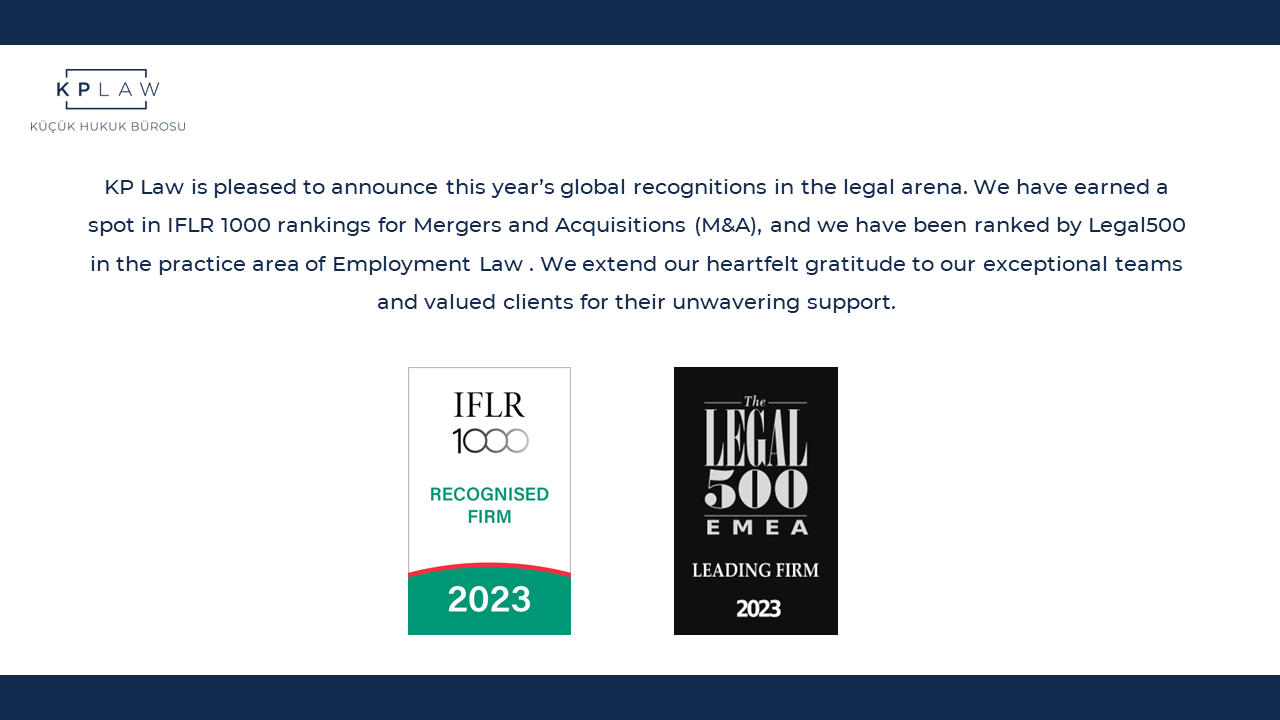In a world growing with the development of technology, people's needs are increasing day by day. People who find fast, innovative and creative solutions to these needs are starting their own start-ups. Entrepreneurs who aim to reach many people in a very short time need financial support to realize their ideas. This is the stage venture capital firms, which take risks and have the capital to invest in projects that have the potential to generate profits in the future, come into play.
In this type of investment, which brings together companies that hold sufficient financing and people who are looking for funds, it is very important to determine how the investment process will work. The investor expects to be reimbursed for the risk undertaken over a certain period of time, while the entrepreneur expects to maintain its legal position in the company in return for the investment received.
How Venture Capital Companies Identify Start-ups to Invest in?
First, start-up companies that run projects with a high probability of future growth and profitability are identified. Then a detailed due diligence of the company's business plan, including research of the relevant market, starts. This process of examining the target company is called the "due diligence" phase.
At this stage, the investor's advisors request legal documents from the start-up company, such as financial statements, signed contracts, etc., which help to establish the internal situation of the company. Relevant documents are usually transferred through secure and confidential data centers called data rooms. As a result of the examination, the company's shortcomings are identified and a value range is established to negotiate the amount of the investment.
The investment decision may be withdrawn if due diligence reveals many deficiencies or if there are significant problems, referred to as red flags. In this case, the process ends. If the process is positive, the agreement preparations are started.
Shareholders Agreement
In order to regulate the shares and rights that the investor will acquire in the company in return for the funds brought by the investor, a shareholders agreement is signed between the parties.
The investor is generally expected to become a partner in the start-up by acquiring shares to be issued in the company through a capital increase. However, the shareholding of the founders will be reduced in return for the large amount of financial resources. That is, the shares of the founders of the start-up company are diluted by the shares of the investors. As a solution to the negativity created by this situation, the capital increase method with emission premium is used in practice.
In a capital increase, the company's shares (stocks) are normally issued at their nominal value, in other words, their face value. However, pursuant to Article 347 of the Turkish Commercial Code (TCC) titled "Premium shares", it is possible to issue shares at a price higher than their nominal value. In order to protect the rights of shareholders, start-up companies also issue shares at a price that is calculated by adding an emission premium to their nominal value.
What should be the ideal share distribution between the shareholders and investors that make up the start-up?
In order to maintain the motivation of the entrepreneur, it is important to maintain a certain level of ownership in the company founded by the entrepreneur. Nowadays, some start-up companies prefer to divest their shares quickly in order to get more investment, while others want to hold on to the majority of their shares until the company reaches its goal.
Investors consider a low shareholding of entrepreneurs in an early-stage start-up to be dangerous for sustainability. Most of the time, an emotional bond develops between entrepreneurs and the company they have built with a lot of hard work. In such cases, founders should not be discouraged from working.
While the debate over share allocation continues, another important debate is about start-up companies reserving shares for their key employees. In international practice, entrepreneurs have begun to include an "employee pool option" in their shareholders' agreements to ensure that talented employees continue to work for their companies. In the practice known as option pooling in Turkish, employees are offered shares in addition to their wages to create a sense of belonging. In this way, employees also have the opportunity to profit when the company grows.
In the shareholders' agreement signed between start-up companies and investors, it is usually agreed that share groups will be formed after new shares are issued as a result of a capital increase. The purpose of this practice is to ensure that investors, former shareholders and shares allocated for the employee option pool are grouped among themselves. Thus, different rights and privileges for each group can be regulated in the articles of association.
As a result, finding investors for start-up companies and injecting the funds into the company is a long process consisting of many stages. In the face of financial support, it is very important that the entrepreneurs' rights to have a say in the company do not disappear, that the investors are able to get a return for the risk they take, in short, that the mutual interests of the parties are protected. In situations where the interests of start-up companies and investors may conflict, the legal representatives of the parties have a major role to play in striking a balance.


